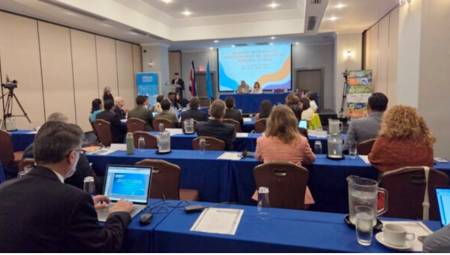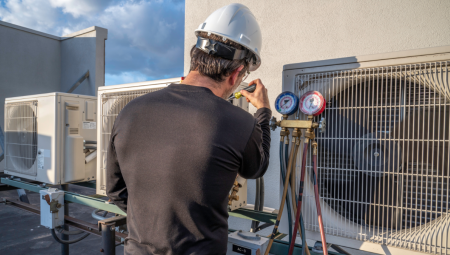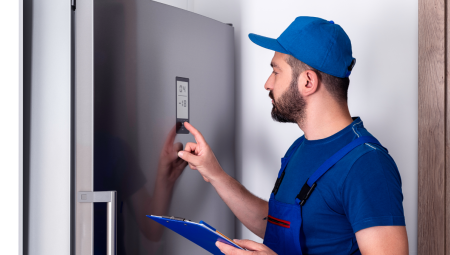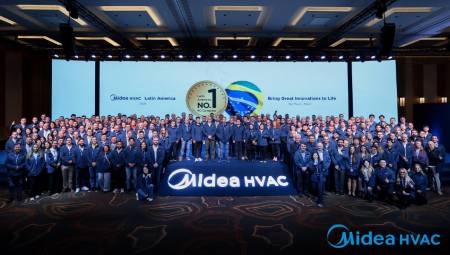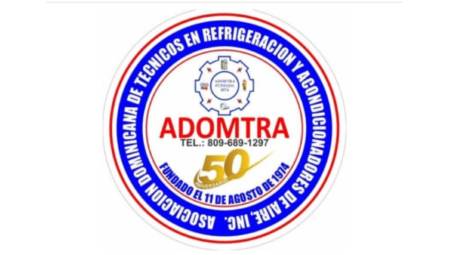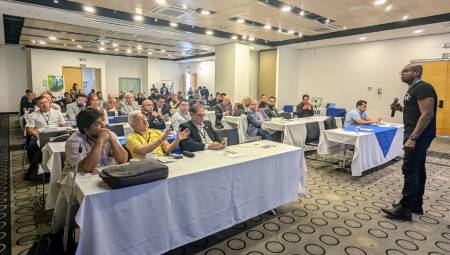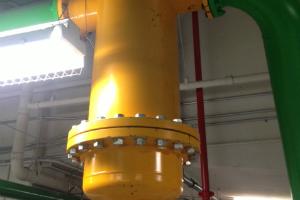 The presence of solid particles in the water puts many obstacles to the good performance of an air conditioning system. Let's see how they can be removed.
The presence of solid particles in the water puts many obstacles to the good performance of an air conditioning system. Let's see how they can be removed.
by Alfredo Sotolongo*
The most economical energy to produce is the one that is saved!
In my last article I focused on the harmful effects of air present in water in air conditioning systems that use cold water as a means of energy transfer. This time I will focus on the importance of removing solids whose presence in water interferes with the efficient operation of hydraulic systems.
During the construction process, dust and solid waste accumulation are inevitable and can be found anywhere in the system. The nature of these solids varies considerably and can be composed of metal particles resulting from welds, rust, oil residues that are used to make the threads in water lines, etc.
As a consequence of the presence of these solids during the operation of the system, new particles are created as a result of erosion and corrosion. In addition, when chemicals are used in excess, reactions are initiated that contribute to the formation of new solids and certain cleaning methods also allow solids that were already settled in the pipes to be released and attached to the water flow.
Among the main problems caused by the presence of solids in water are the following:
Erosion: these particles are tripping over the various components of the system and can cause as much damage as cavitation does to the impellers of pumps, valves, etc. Even to pipes at higher water flow rates.
Energy losses: through strainers, filters, heat exchangers, etc. The accumulation of solids considerably increases the pressure drop in the strainers and filters causing the water pumps to move fewer gallons per minute and / or consume more electrical energy than they were selected for. When the solids are deposited in the heat exchangers, the heat transfer decreases reducing their efficiency.
Erosion, increased pressure drop, wear and tear of system components, reduction in efficiency all contribute to an unnecessary increase in maintenance and expenses that can be avoided by filtering water properly.
Strainers, filters or solids separators by centrifugal force are installed to capture the largest particles since the filters only trap particles larger than the openings of their strainer and centrifuges separate the particles with densities significantly higher than the density of the fluid in which they are located. Smaller and less heavy particles are able to pass through these components without being trapped and cause problems throughout the hydraulic system.
Instead of filters and/or strainers it is important to apply equipment that truly removes all solid particles in the water. These devices have inside a low-speed zone that forces the particles to separate from the water flow and accumulate in that area, which are very easy to eliminate just by opening the valve at the bottom to allow them to leave.
Unlike the filters/strainers that become increasingly clogged with each pass of the water, this technology manages to deposit the particles at the bottom of the unit separated from the flow. The strainer is not blocked as in the filters and the flow rate remains constant without suffering high pressure drops, minimizing maintenance and energy waste.
This method of solid separation is recommended since it has, among others, the following benefits:
- There is no need for maintenance and no need to replace strainers.
- Never blocks the flow of water.
- The water pressure drop remains constant.
- Already separated particles can be drained while the system is still in operation.
- It connects in line in the pipes of the system without the need for additional connections.
- It is not necessary to reverse the cycle to wash the unit, avoiding water loss.
It can even be combined with the one we explained in the previous article that removes air and thus remove both air and solids. We recommend that for cold water the combination of air and solids be used. While for condensation water only that of solids, since the cooling tower is part of an open system and removes air on its own.
If you need more information on any of the topics covered in this column, please contact me at the email [email protected]
* President of Protec, Inc., is certified as a professional engineer in Puerto Rico and the state of Florida; has more than 40 years of experience in the application and sale of systems and equipment for energy conservation. He is a member of ASME (American Society of Mechanical Engineers), AEE (Association of Energy Engineers), ASHRAE and was president of the Miami chapter of that association.



